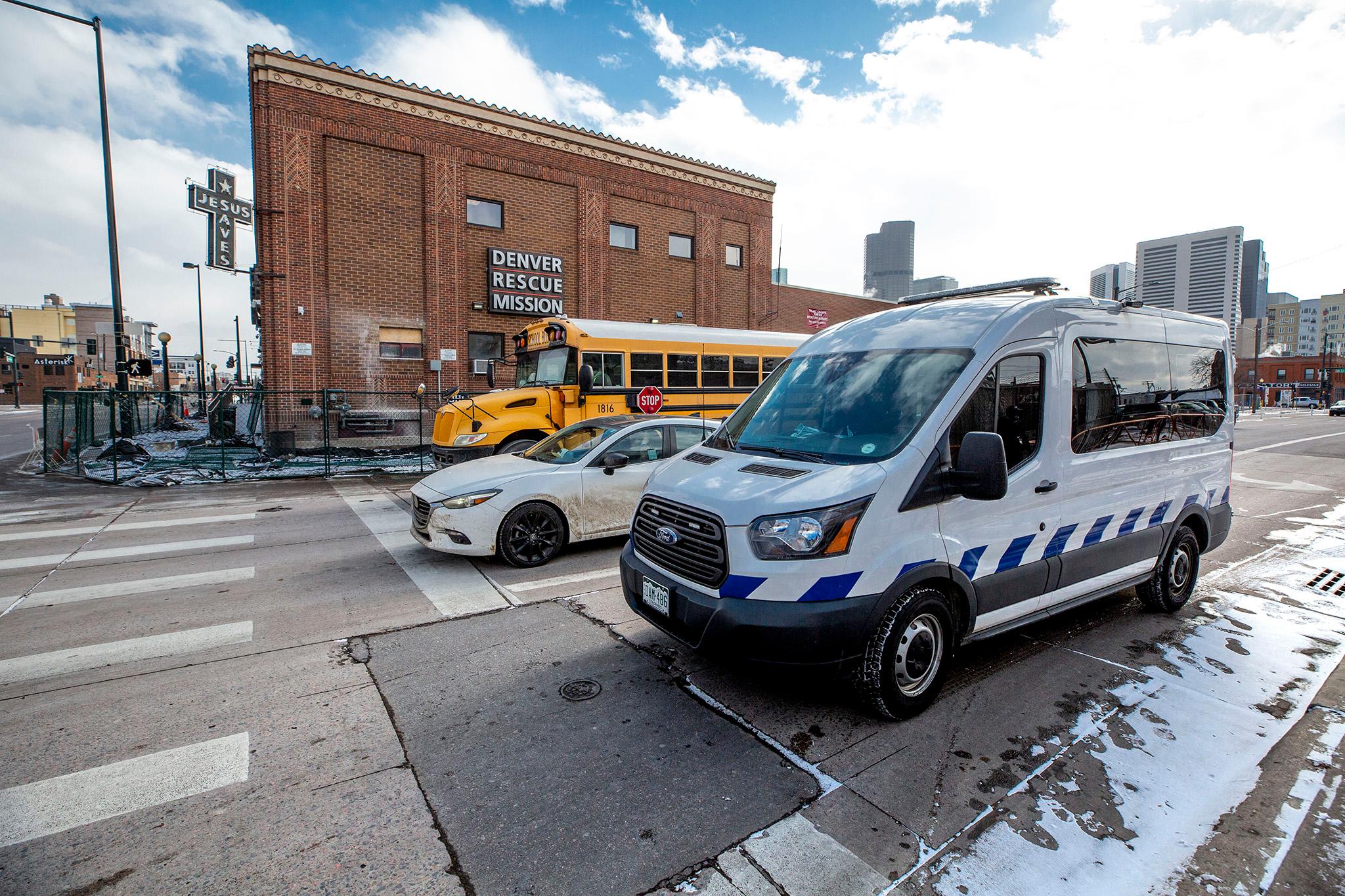Sen. Michael Bennet has introduced a bill to support community policing programs, like the STAR Program in Denver, as many communities in Colorado face an increase in crime.
The SMART (Supporting Mental Assistance Responder Teams) Community Policing bill would provide funds for collaborative partnership with law enforcement, health professionals, case managers, and outreach teams.
For example in Denver, instead of sending police officers to some low-risk 911 calls, STAR sends a team of clinicians and paramedics.
On the floor of the U.S. Senate Wednesday, Bennet said the bill is about sending the right responder depending on the situation, so that law enforcement can focus on violent crime and letting other responders with the right training respond to lower-risk situations.
"Like when someone is experiencing a mental health crisis or severe drug withdrawal, these trained professionals can escalate the situation," Bennet said.
One example he gave was a mother in Denver who called 911 because she was having trouble with her child. STAR responders went, not the police. And Bennet said when he worked for former Denver Mayor John Hickenlooper, he often heard from community leaders "how they wished there were resources beyond law enforcement, for situations better suited for a social worker or a mental health expert."
The bill would authorize funding to expand or establish these types of response units through the COPS (Community Oriented Policing Services) grant program administered by the Department of Justice. COPS money can be used to hire police, provide training and develop and test innovative policing ideas.
A study of Denver's STAR program conducted by Stanford University found that neighborhoods patrolled by STAR reported a drop in less serious crime and, Bennet said, the program saved the city money.
"It costs about $150 when STAR responded to an offense compared to nearly $650 when the Denver PD responded on their own," Bennet said.
Other communities across Colorado have similar programs. In Grand Junction, the Co-Responder Unit teams a social worker with a police officer and in Summit County, the System-wide Mental Assessment Response Team pairs up deputies with clinicians.
According to Bennet's office, the programs in Denver, Grand Junction and Summit County have responded to almost 9,000 calls and provided services or resources to people in crisis.
Bennet is up for re-election this fall. His opponent, Republican Joe O'Dea, has said he will make crime one of the issues he focuses on in the race.













